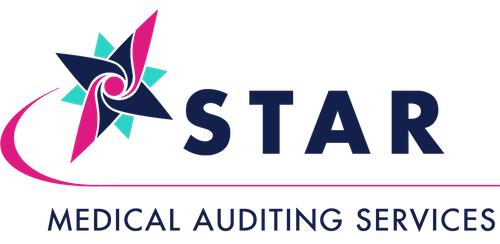Considering Offshore Medical Coders? Read this…
We all know the biggest advantage of using offshore medical coders is labor cost, but what about the disadvantages?
Using offshore medical coders in the healthcare industry can have both pros and cons. While it's important to approach this topic objectively, here are some potential disadvantages to consider:
Quality Control and Accuracy: Offshore coders may not always be as well-versed in the intricacies of the U.S. healthcare system, leading to potential coding errors and inaccuracies. This can result in denied claims, revenue loss, and compliance issues. Additionally, you may not be aware of this issue for several weeks or longer due to time zones and other barriers to prompt communication. It would likely be necessary to assign a lead to work directly with the offshore staff to keep you aware of any troublesome situations.
Communication Challenges: Remote work across time zones and cultural differences, including language barriers, can often lead to miscommunication or misunderstandings. Effective communication is crucial in medical coding to ensure accurate understanding of the provider documentation and code abstraction.
Ethical workplace practices: Although offshore outsourcing has economic benefits, it also involves several ethical issues, such as low pay, poor working conditions, child labor and environmental pollution. Not to mention sustainable job creation here in the United States, which is the process of creating jobs that supports social inclusion and economic progress.
Data Security Concerns: Offshore outsourcing may raise data security concerns, as sensitive patient information needs to be protected rigorously. Ensuring compliance with U.S. healthcare data privacy regulations is vital.
Regulatory Compliance: Compliance with U.S. healthcare regulations, like HIPAA, can be complex; offshore coders may not have the same level of familiarity or adherence to these rules, potentially leading to legal issues. A breach of PHI would be devastating to you and your patients.
Turnaround Time: The time zone differences and the need for coordination across borders can affect the turnaround time for coding and billing, potentially impacting revenue cycles.
To mitigate these disadvantages, it's essential to thoroughly vet offshore coding partners, establish clear communication channels, and implement robust quality control measures including routine audits and education. When you factor in the additional cost of dealing with denials and appeals, and the need for routine audits to correct the coding errors and increase quality, many hospital systems see the cost savings of using U.S. based coders to begin with. Additionally, the Centers for Medicare & Medicaid Services (CMS) and the Office of Inspector General (OIG) have established the Targeted Probe & Educate and other similar programs, mandating the hospital system undergo a stringent audit review with a 3rd party vendor, which is extremely costly in both time and labor.
At STAR Medical Auditing Services, quality assurance sets us apart from other vendors. Our coders and auditors participate in our quality control internal audit program, wherein they are expected to keep a 97% or higher accuracy rate; any STAR coder or auditor that dips below this threshold will be put on a focused performance improvement audit and training program until they bring their accuracy score back up to 97%. This is at no additional cost to the client. And we never outsource or hire offshore staffing.
So you see, assuming offshore staffing is going to be less expensive may not actually be the case in the long run. Ultimately, the decision to use offshore medical coders should be made after a careful assessment of these factors in the context of your healthcare organization’s specific needs and goals.
